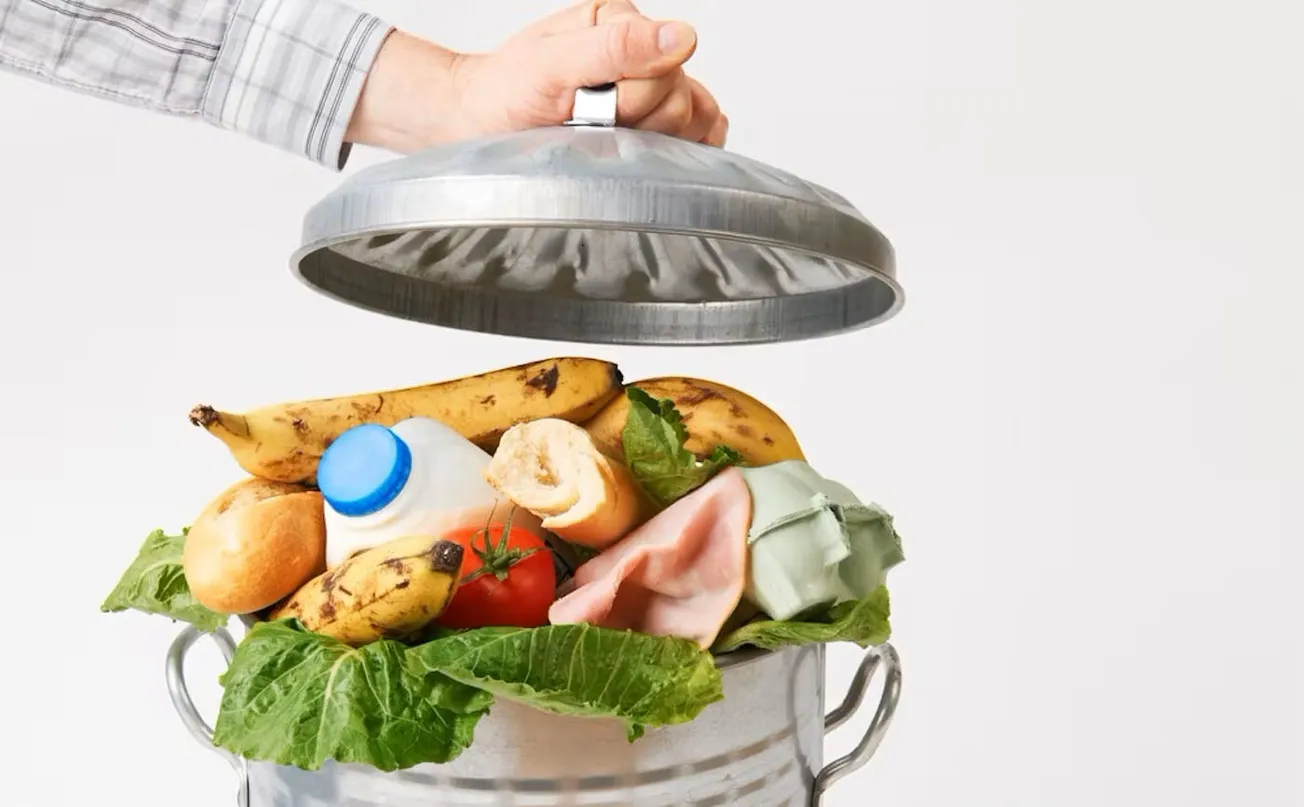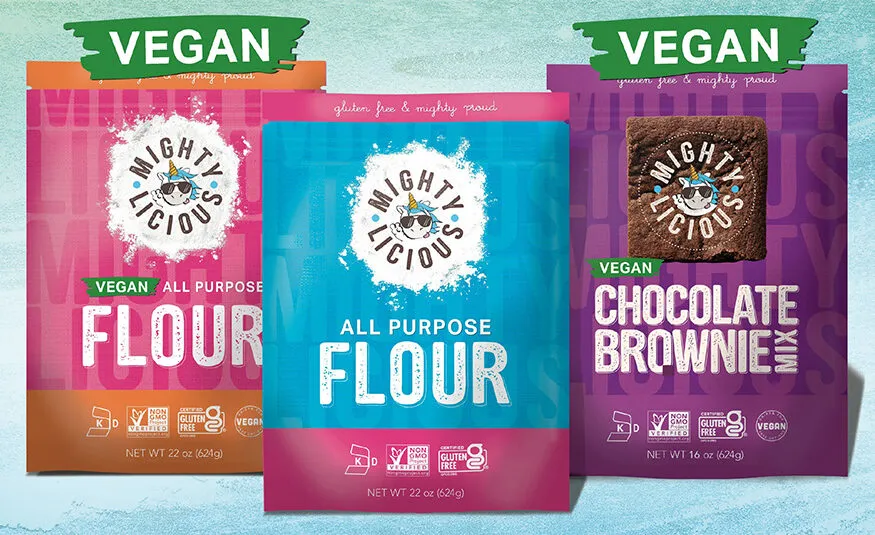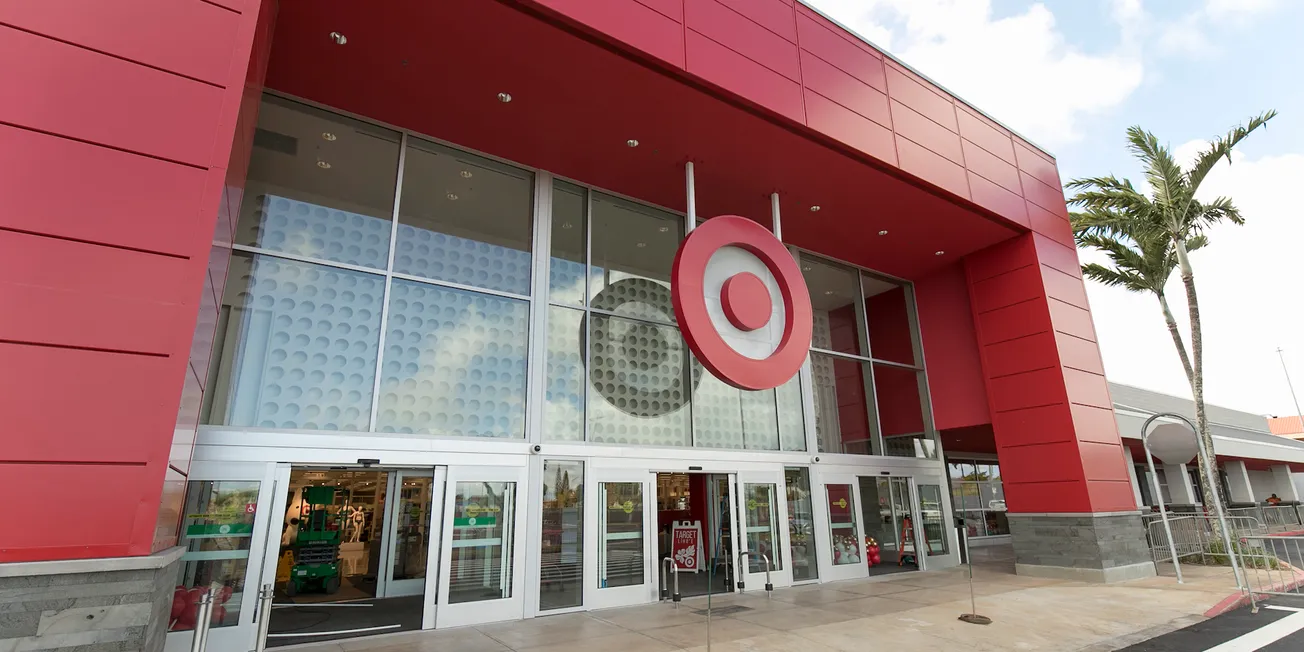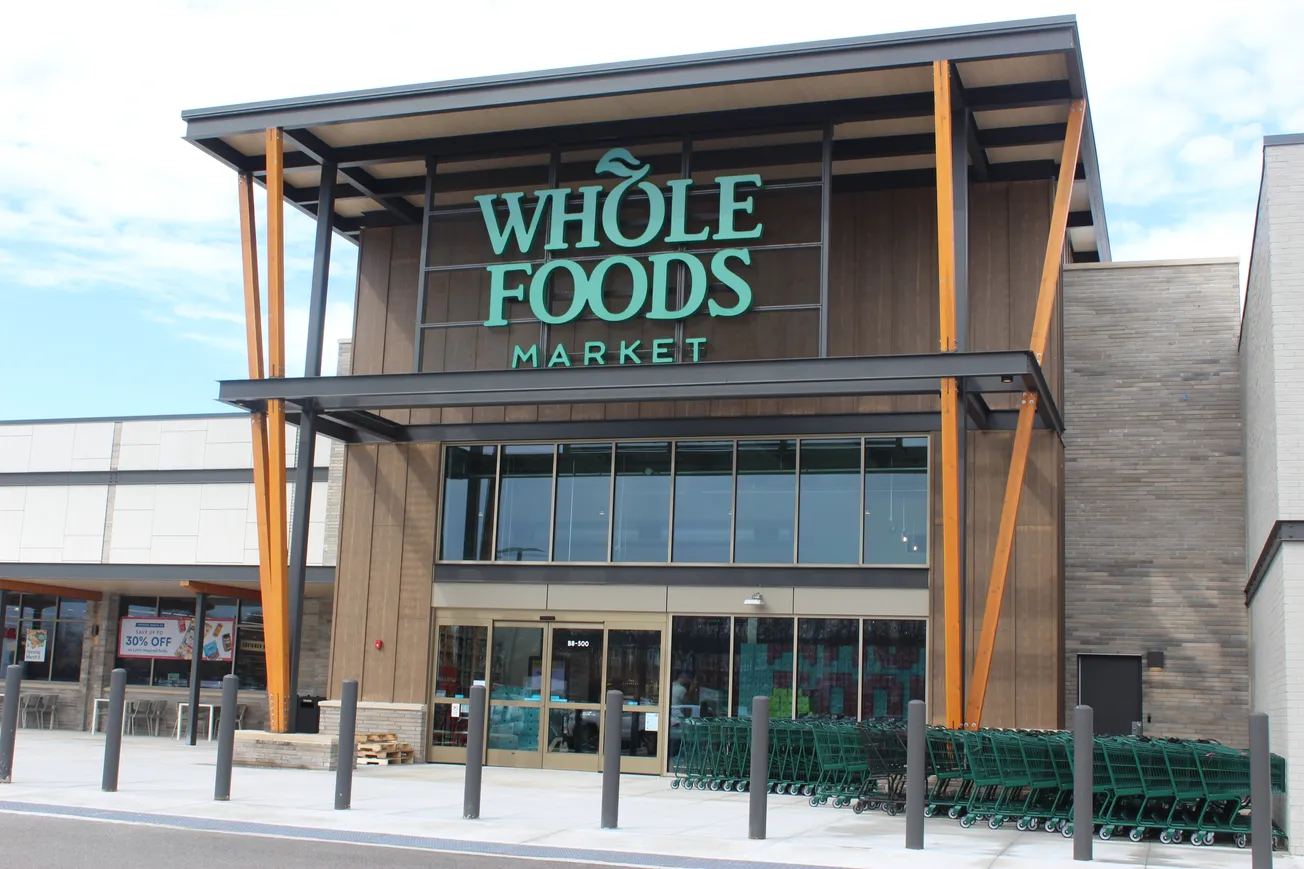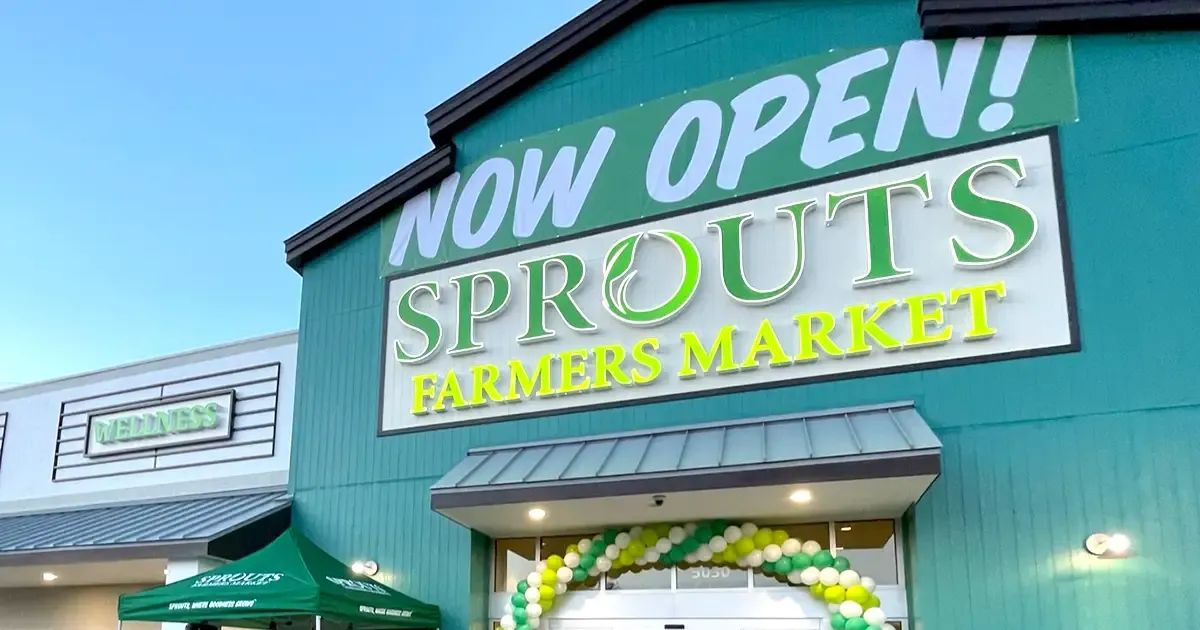HELSINKI, Finland — Americans are hungry for action on food waste, but don’t believe grocery stores are stepping up. A new survey by RELEX Solutions, a Finland-based technology company that provides advanced retail optimization software, reveals a growing disconnect between U.S. shoppers' values and their trust in supermarkets, exposing a serious credibility gap at a time when sustainability is front and center.
According to the RELEX Cost of Food Waste Consumer Survey, only 14% of American consumers fully trust grocery stores’ sustainability claims. Even more concerning for retailers: nearly one in three say they actively distrust those claims. While many shoppers say they care about food waste, vague promises and feel-good marketing aren’t enough. They want results, and they’re calling for regulation to make it happen.
“Today’s consumers can spot greenwashing from a mile away,” said Svante Göthe, Head of Sustainability at RELEX Solutions. “They’re not looking for perfection, they’re looking for proof. Retailers that communicate with transparency, and show how they’re making a measurable difference, have a real opportunity to earn long-term loyalty.”
Despite seeing themselves as part of the solution, with 51% of respondents saying they personally feel most responsible for reducing household food waste, Americans overwhelmingly support stronger government action. Nearly 78% favor new regulations, including 48% wanting federal intervention and another 31.5% backing state-level policies.
The message? Consumers don’t believe voluntary efforts are cutting it. They want accountability, and they expect it to be backed by policy.
The survey also reveals a significant shift in consumer behavior: Americans are not only open to buying short-dated food items — they’re actively seeking them out. A whopping 93% support discounting products near their expiration date, and 58% already look for those deals. Only 7% avoid them altogether.
That’s a wake-up call for grocers who’ve traditionally hesitated to sell short-dated items. More innovative markdown strategies could reduce waste, increase sales, and improve customer trust, especially in today’s inflation-conscious market.
One unexpected finding? U.S. shoppers who plan their meals meticulously may be wasting more food than they think. While the data is strongest in the U.K., similar trends are emerging stateside: overestimating portions, buying too much in bulk, and inflexible shopping habits can all contribute to unnecessary waste.
Retailers can intervene with solutions like flexible pack sizes, better portion guidance, and smarter promotions that match real customer behavior, not just idealized routines.
Consumers are clear: they want more than slogans. They want visible, measurable efforts and are more likely to reward grocers who use data-driven tools like demand forecasting, markdown optimization, and better inventory visibility to reduce waste in tangible ways.
“The retailers that will lead in the next decade aren’t the ones with the flashiest slogans, they’re the ones who use data to make real change visible,” Göthe added. “That’s what earns loyalty now. That’s what drives results.”
The RELEX Cost of Food Waste Consumer Survey was conducted in March 2025, with responses from over 2,100 consumers, including 1,026 across the United States. The findings offer a roadmap for grocery retailers ready to turn food waste reduction into a sustainability success story and an innovative business strategy.


